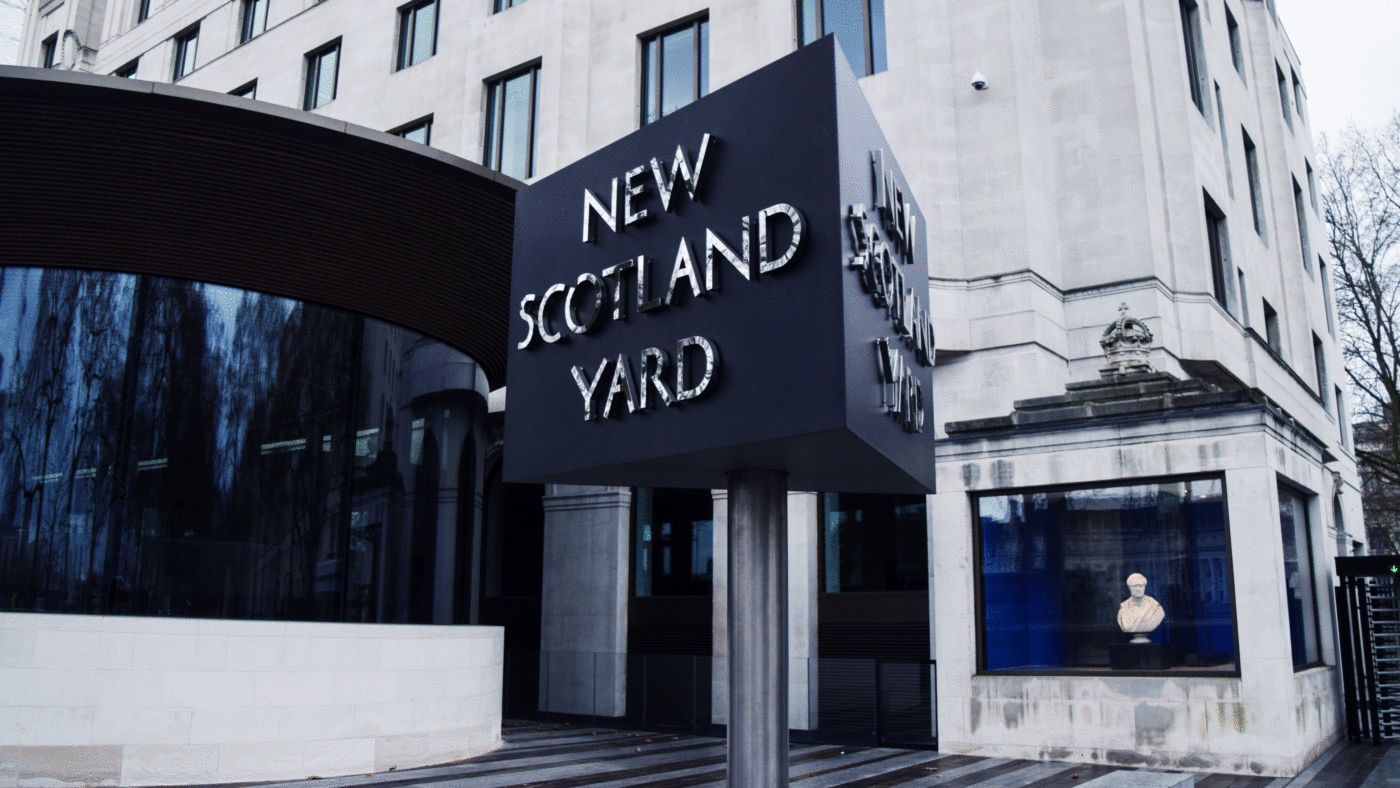Racism, misogyny, homophobia and jaw-dropping levels of incompetence – the word ‘damning’ barely seems adequate for Baroness Casey’s final report into the behaviour and internal culture of the Metropolitan Police.
Anyone who read her interim findings would have expected this to be a pretty no-holds-barred account of life in London’s police service, but the findings are even more brutal than many would have imagined.
One of the most staggering examples she details is that freezers used to store samples were overfilled, with one breaking down in the 2022 heatwave – subsequently resulting in the dropping of rape cases.
While Met Police Commissioner Mark Rowley has accepted the findings and acknowledged the systemic failings, he has said that he wouldn’t use the phrase ‘institutional’.
For Rowley, who has not been in the job long, the stakes are clearly high. As former police officer and criminologist John Fox has observed, the Met has had a series of so-called ‘reforming commissioners’ since the 1970s. One was Rowley’s predecessor, Dame Cressida Dick, the first woman to be appointed to the top job. You would be hard-pressed to find one person who believed her tenure was a success.
But perhaps rather than a focus on how to reform the existing force, the debate needs to shift on to new terrain. What the Met needs may not be simply a clearing out of the Augean stables, but to be broken up into smaller, dynamic, effective police forces which are more responsive to local needs and concerns.
As Fox noted, the Met is unique in terms of size and governance structure. Rather than having an elected and dedicated Police and Crime Commissioner like every other police force, it is currently jointly governed by a Tory Home Secretary, Suella Braverman and the Labour Mayor of London, Sadiq Khan – meaning its direction is muddled at best. The Met also has unique national policy roles regarding counter-terrorism, which many believe should be under the remit of the National Crime Agency (NCA). ‘Reforming’ an institution with such profound failings and such widespread responsibilities may not be possible. Instead, we should be actively considering a thorough reorganisation of how the capital is policed.
How could this work?
One answer might be for each borough of London to have its own police force – which is arguably needed for those such as Croydon, which has 390,000 residents. Even a relatively low-population borough such as Kensington & Chelsea has over 143,000 people. If that is going too far in terms of localism, an alternative might be some kind of North/East/South/West reorganisation strategy, or perhaps the absorption of outer London boroughs into neighbouring police forces such as Essex, Hertfordshire, Kent, Surrey, and Thames Valley – as Fox suggests. This would do away with the existing model of governance for the Met which can give rise to direct party-political conflict, as well as providing a system where Londoners are part of smaller police force areas which should be required to focus on local policing strategies, which are designed to bolster police-community relations.
In addition to reorganisation, each police force should be expected to submit regular and comprehensive plans to the Home Office on how they are fulfilling their responsibilities and duties under the Public Sector Equality Duty (PSED). This requires public sector bodies – including the police – to have due regard to the need to eliminate discrimination, advance equality of opportunity, and foster good relations between different people when carrying out their activities.
This is particularly urgent given the findings of Baroness Casey’s report, which state that confidence in the police is associated with perceptions of social cohesion and addressing local concerns. Trust in the police is ultimately reliant on transparency and accountability – and this will need to involve local forces restoring public consent, both by apologising for clear failings and engaging better with traditionally distrustful communities (particularly British-born Londoners of Black Caribbean origin). This also means a toughening up of internal disciplinary procedures for police officers guilty of discriminatory behaviour – which should play an integral part of meeting PSED-related requirements.
Sadiq Khan has said that the publication of the Casey report marks one of the darkest days of the Met’s 193-year history. But the clamour for that history to be ended has now grown louder.
After decades of failed so-called ‘reformers’ at the helm, it is time to recognise that the Met is too big to succeed. Disbanding it and breaking it into smaller parts may offer the way to move forwards.
Click here to subscribe to our daily briefing – the best pieces from CapX and across the web.
CapX depends on the generosity of its readers. If you value what we do, please consider making a donation.


